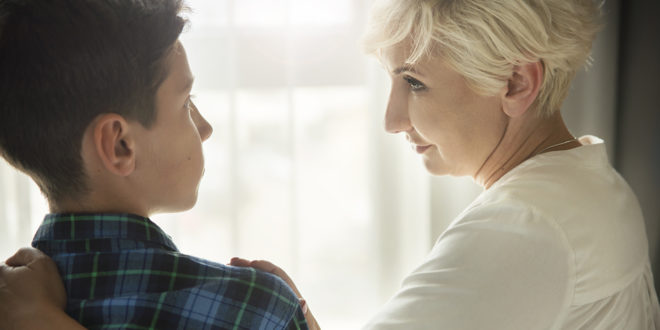There are in excess of fifteen million children in the US who have experienced firsthand the dissolution of their family by the process of divorce. While most adults feel guilty and attempt to make life easier for their children, most children do not fare well. Marquardt found that children of divorced parents are more apt than those living in intact families to feel divided between two homes with different values. They are asked to keep secrets about the different households and are left without clear guidance as to what is right and what is wrong.
These children go from living in one world that seemed safe to them, to going back and forth between two homes that often feel like polar opposites. Many kids must do what their parents would have done for them, develop a clear view of what to think, what to believe, and how to behave, especially in the moral and spiritual realms. Marquardt suggests it become the child’s job to synthesize these two worlds. Unfortunately, many suffer emotional scars that last a lifetime and have trouble with their own intimate relationships as adults.
Marquardt’s findings parallel the concerns of long-time researcher Judith Wallerstein. They both found too many children have a sense of living in two different worlds. They grow up with a difficulty feeling whole. It’s not to say that all children don’t experience stress and loss. In intact families, parents are ill, they die, they are alcoholic, they have emotional problems, they are irresponsible, they move, they lose jobs, they are poor. But that doesn’t diminish the pain children feel when their parents get divorced.
So how can adults diminish the pain? One suggestion is to not silence the hurt. Be a listening ear to a child. As they tell their story, listen and accept. Children will reveal themselves differently at different stages. Just because an eight-year-old shared his pain at eight, doesn’t mean he doesn’t need to talk about it when he is 10 years old. Once is not enough! Let a child know you will always be in their life. Remind them of hope. Be responsible to them on a consistent basis.
If you are a divorced or divorcing parent, recognize that your own pain and guilt can cloud your thoughts and that your child may be suffering more than you realize. If your child is living in a divided world, have some guidelines that both parents follow. This is easier said than done, but have a plan for your children. For example, don’t ask or imply that your child be a messenger between the two households, and don’t ask your child to be a reporter. Find other peers to share your pain with—don’t put that responsibility on your child. Remember that when you say critical things about your child’s other parent, it is like an arrow through your child’s heart!
Keep in mind that your child is trustworthy, intelligent, and more able to feel safe and successful in this divided world if you find healing for yourself, and put your trust in a God who can sustain each of you.
Susan E. Murray writes from Michigan.
© 2002 - 2024, AnswersForMe.org. All rights reserved. Click here for content usage information. Answers for Me Support & encouragement for every-day life
Answers for Me Support & encouragement for every-day life



